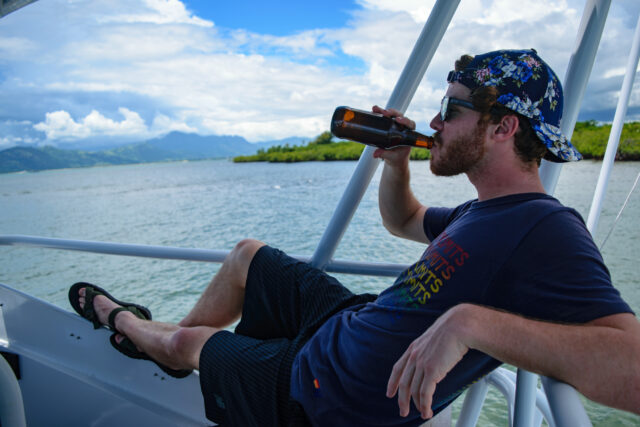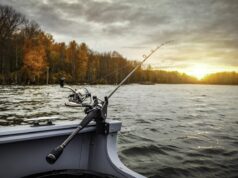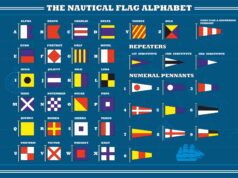Recreational boating, whether for fishing, water sports, or simply enjoying the view, is a favorite pastime for many. However, alcohol often accompanies these activities, leading to the important question: what exactly are the laws around boat drinking?
Drinking and Boating: The Basics
Broadly speaking, it’s not illegal to drink alcohol on a boat. However, operating a boat under the influence is a criminal offense, akin to drunk driving. The laws governing boat drinking are often referred to as BUI (Boating Under the Influence) laws and are very similar to DUI (Driving Under the Influence) laws for automobiles. In general, these laws apply to all types of vessels, from yachts to fishing boats to canoes.
The threshold for BUI is a blood alcohol concentration (BAC) of 0.08% in most jurisdictions, mirroring the standard for DUI. However, penalties and enforcement practices can vary significantly from state to state, and internationally as well.
BUI Penalties and Enforcement
If caught operating a boat while under the influence, penalties can be severe, and they escalate with repeat offenses. Consequences may include fines from $1,000 and as high as $5,000, imprisonment, boating safety courses, community service, or a combination of these. Some states may also suspend or revoke boating licenses for a BUI conviction.
Marine patrol officers, Coast Guard, or local law enforcement can conduct sobriety tests if they suspect a boater is under the influence. This suspicion may be based on erratic behavior, apparent intoxication, or after an accident or violation of a boating safety rule.
Open Container Laws
Unlike road vehicles, where open containers of alcohol are generally illegal, boats are typically exempt from these laws. This means that passengers can legally consume alcohol on a boat. However, the boat operator must remain below the legal BAC limit.
Keep in mind, open container laws can vary from state to state. While some states allow open containers in moving boats, others prohibit it unless the boat is anchored, moored, or docked.
Zero Tolerance Laws for Youth Operators
Many states enforce zero-tolerance laws for boaters under 21, the legal drinking age in the United States. This means that young boaters are not allowed to operate a boat with any amount of alcohol in their system. Penalties for violating these laws can be strict and may include loss of boating privileges, fines, and mandatory safety courses.
Alcohol and Boating Safety
Regardless of legal considerations, it’s important to note that alcohol poses a serious risk to safety on the water. According to the U.S. Coast Guard, alcohol is a leading contributing factor in fatal boating accidents.
Alcohol impairs a person’s balance, coordination, and judgment. These effects are exacerbated by environmental factors encountered while boating such as wind, sun, noise, vibration, and the motion of the water.
Conclusion: Boating Responsibly
Drinking on a boat is not illegal, but operating a boat under the influence is. While rules can vary, the general principle remains: for safety and legal reasons, boat operators should stay sober. It’s crucial to understand the regulations specific to your location and ensure that all activities on the water comply with these laws. Remember, safety should always come first when enjoying the pleasures of boating.








